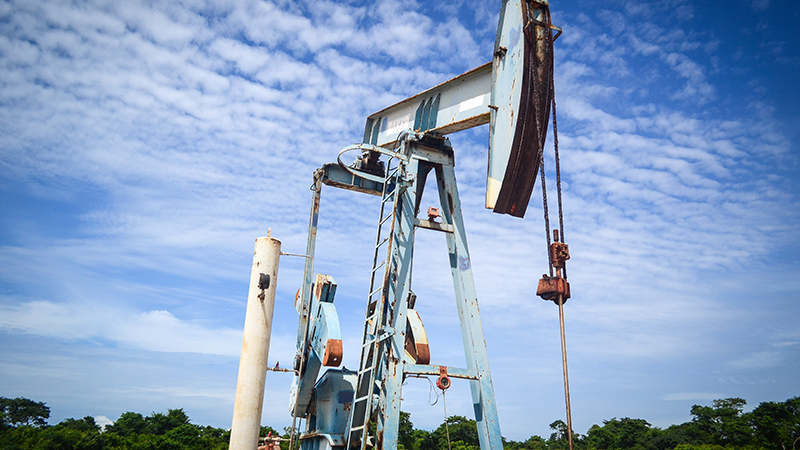The EU has introduced a methane import standard, pressuring any company which exports oil and gas to the EU to cut its emissions
The European Union reached a deal on Wednesday on a law to place methane emissions limits on Europe’s oil and gas imports from 2030, pressuring international suppliers to clamp down on leaks of the potent greenhouse gas.
Methane is the second-biggest cause of climate change after carbon dioxide, and in the short term has a far higher warming effect. Rapid cuts in methane emissions this decade are crucial if the world is to avoid severe climate change.
After all-night talks, negotiators from EU member states and the European Parliament agreed to impose “maximum methane intensity values” by 2030 on producers abroad sending fossil fuels into Europe, the council of the EU, which represents member states, said in a statement.
While burning oil and gas produces carbon dioxide, the process of taking it out of the the ground and transporting it often causes methane gas to leak into the atmosphere.
The import rules are likely to hit major gas suppliers which include the U.S., Algeria and Russia. Moscow slashed deliveries to Europe last year and has since been replaced as Europe’s biggest pipeline gas supplier by Norway, whose supply has among the world’s lowest methane intensity.
Shades of green hydrogen: EU demand set to transform Namibia
“Finally, the EU tackles the second most important greenhouse gas with ambitious measures,” said Jutta Paulus, the EU Parliament’s co-lead negotiator, adding that the law “will have repercussions worldwide”.
Paulus told reporters importers will face financial penalties if they buy from foreign suppliers that don’t comply with the limit – effectively imposing a fee on non-compliant fuels.
The methane standard would be mandatory for supply contracts signed after the law enters into force, likely later this year, after the European Parliament and EU countries give it final approval.
That step is usually a formality that waves through pre-agreed deals.
A spokesperson for the International Association of Oil & Gas Producers said it is supportive of proportionate, efficient and implementable EU Methane
Read More

